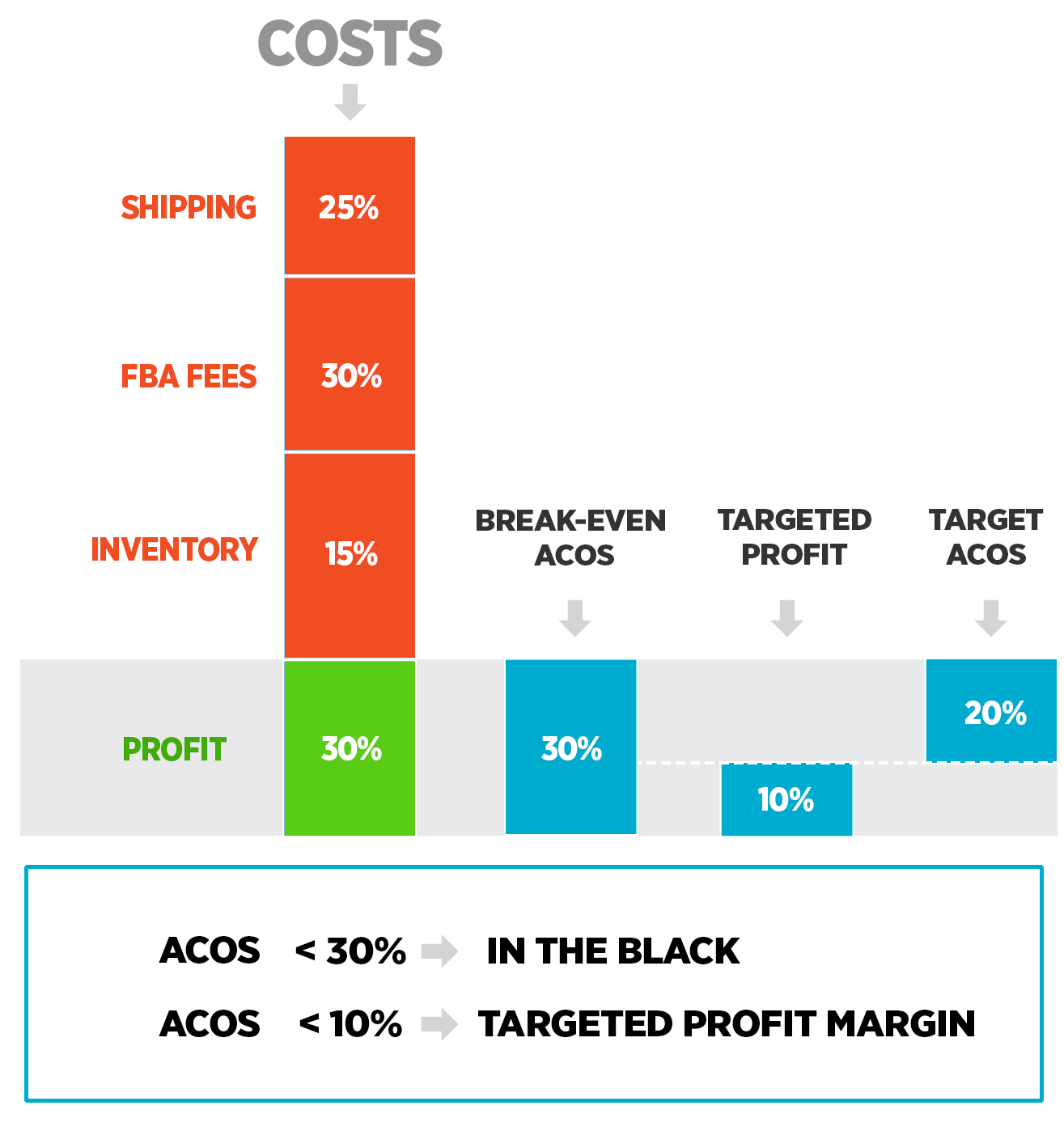
Tuesday 13th of each month is considered a bad day. Friday 13th of every month is considered lucky. This article will explore the legends and superstitions that surround this date. Jason Voorhees can be considered Friday's spirit animal.
Tuesday 13th of February is considered bad luck day
Tuesday 13th February is considered bad luck in the US and UK. It's also associated to Fridays in Spanish-speaking regions as a day that brings bad luck. It was once considered lucky. But, in modern times, it's not a day to be happy. The 13th of each month has been the site of many tragic events.
Friday 13th of February is not a day of bad luck. However, it can be frightening for some people. Studies have shown Friday the thirteenth is not unlucky. However, it is not considered a bad day. Certain cultures, such as Spain, Italy, Greece, consider Tuesday the 13th unlucky. It is unclear why it is considered bad luck in these countries.

Friday, the 13th of November is considered a day for good fortune
Thomas Lewson wrote a 1907 tale about a Wall Street stockbroker who destroyed the stock markets. This story is what gives rise to Friday the 13th fear. This tale is associated with many unfortunate events such as the bombing at Buckingham Palace by Germans in 1940, and the killing of Kitty Genovese (March 14, 1964). A cyclone that struck Bangladesh on 13 September killed 300,000. However, 16 people were saved and survived by eating the bodies. Tupac Shakur was also shot and killed in the same year by a drive-by shooter. He survived six days but was killed six days later by the same gunman.
There are other superstitions related to Friday the 13th. For example, it is rumored that breaking a mirror on this day will bring seven years of misfortune. On this day, it is best to avoid using umbrellas indoors as the black cat can bring bad luck. Furthermore, many restaurants will not seat people at table number thirteen. Because it is considered to bring bad luck, many brides do not want to get married on this day.
Superstitions about Friday the 13th
Although there are no clear historical reasons for the superstitions surrounding Friday the 13th, it is commonly believed that it is a bad luck day. Some cultures consider Friday the unluckiest number, while others avoid it. Charles Panati (author) says this superstition may have its roots within Norse mythology. It is believed that Loki, a god who destroyed a banquet in Valhalla and killed Balder by using a mistletoe pointed arrow.
Throughout Western history, Friday the 13th has been considered unlucky. People fear Friday the 13th and take steps to avoid it. A study has shown that as many as 17 percent of Americans are afraid of Friday the thirteenth. People who fear the number 13 are among them.

Legends surrounding Friday, the 13th
Some believe Friday the 13th is lucky, while others think it's bad luck. This belief may have stemmed from the events surrounding Jesus Christ’s crucifixion on Friday. Leonardo da Vinci's Last Supper painting shows a table with 13 people around it - Judas is the thirteenth person in the group. The number 13 has a significant meaning in Christian culture. Judas was the thirteenth apostle that appeared at the Last Supper.
Friday, the thirteenth of every month, is unlucky in many cultures. This superstition dates back hundreds of years. Fearful of Friday 13th, those who are afraid may take precautions. For example, they might avoid flying, hosting parties or starting new projects. Some people avoid Fridays altogether. As a result, some people suffer from paraskevidekatriaphobia, a fear of Friday the 13th.
FAQ
Do you think it is okay to ask for discounts while shopping?
Always try to negotiate a lower price when buying products. It is not rude to ask them if there are any discounts codes. This will make it easier for them to offer you a discount code. This could save you money over time.
Why is it important to create a shopping cart?
The purpose of a shopping list is to help you remember what you need when you go grocery shopping. This will save you time and prevent you from running around looking for things you have forgotten. It makes it much easier to find the item you need if you don't know which aisle it is.
A shopping list can also help you save money. You can also save money by making a list of what you need, such as milk, bread and eggs, butter, cheese, cereals, and other items, while you're at the grocery store.
What about orders greater than $25?
Yes, almost all major websites allow you the option to order items online without having to pay shipping. Some websites offer free shipping for certain items. To be eligible for free shipping, you must spend at least $25. Many websites will automatically apply free delivery to your entire shopping cart. Other websites require you to enter the code "SHIPFREE" during checkout.
Statistics
- All items on AliExpress have an estimated delivery time on the product page, and it's usually anywhere from 20 to 60 days. (makeuseof.com)
- Last Black Friday, I bought a stove from Lowes at 40% off, receiving 24 months of interest-free financing (from Lowe's). (meetfabric.com)
- A report from the U.S. Census Bureau found that in the first quarter of 2022, an estimated $250 billion was spent on retail e-commerce sales.1 (thebalance.com)
- The vast majority only change a password to protect privacy a few times a year (27 percent) or, more likely, never (35 percent). (pcmag.com)
External Links
How To
What are the safest online shopping methods?
Secure online shopping is something that everyone who shops online should know. It's also beneficial to learn how to purchase from different websites, without being conned.
Read on if you want to know what to do when buying items online! This article will give you all the tricks and tips necessary to ensure that you don’t fall for a scam.
-
Do your research. Before you decide to shop online, it's essential to do your homework first. You can read reviews about the company and look for feedback from customers. Refer to friends for suggestions.
-
Shop around. If you aren’t certain whether a particular retailer is trustworthy, compare prices from multiple sellers. Use price comparison tools like Amazon Price Checker, Google Shopping, and Amazon Price Checker to help you compare prices. These tools enable you to determine which retailers have the lowest prices.
-
Be aware of red flags. Watch out for signs that a scammer might be trying to trick customers when browsing product pages. Many fake websites use misspelled words or grammatical errors. They often sell fake or incomplete products.
-
Beware of popups. Pop-up windows are used by some websites to collect credit card numbers and passwords. You can close any pop-ups by pressing the Escape key or switching to another browser window.
-
Ask yourself questions. If you are visiting a website, ask yourself the following questions: Is this website trustworthy? Is it offering something I need? Can I trust its people?
-
Don't reveal your personal data. You must initiate the transaction before you can give financial information over the telephone or via email.
-
Avoid clicking on emails that contain links. It is very easy to click links in emails and end up on a fake website. To avoid this type of fraud, only open emails from trusted sources (such banks)
-
Use strong passwords. Strong passwords should contain letters, numbers, symbols. Keep your password confidential and don't share it with anyone else.
-
Be careful about downloading files. Always download files directly from their source rather than opening them from email attachments. Never open attachments from unknown recipients. Do not open attachments from unknown senders asking you to install any software.
-
Report suspicious activity. If you suspect your identity has been stolen, contact your local police department immediately. You can also file an FTC complaint.
-
Protect your device. Make sure your computer has anti-malware protection. It could help stop hackers from accessing your private info.
-
Senior scammers are to be avoided. Senior citizens are especially susceptible to scammers, as they are less likely understand how to spot fraudulent messages on websites and emails.